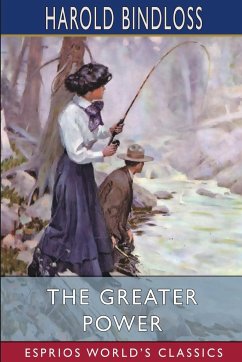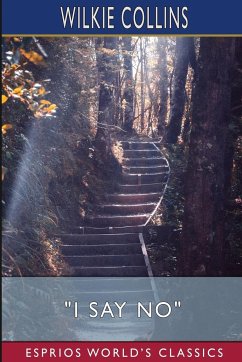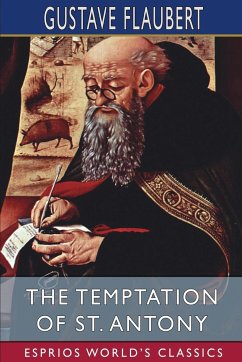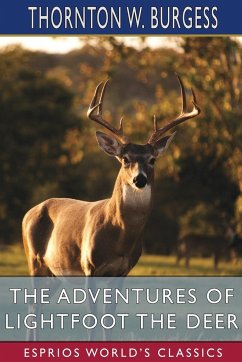Nicht lieferbar
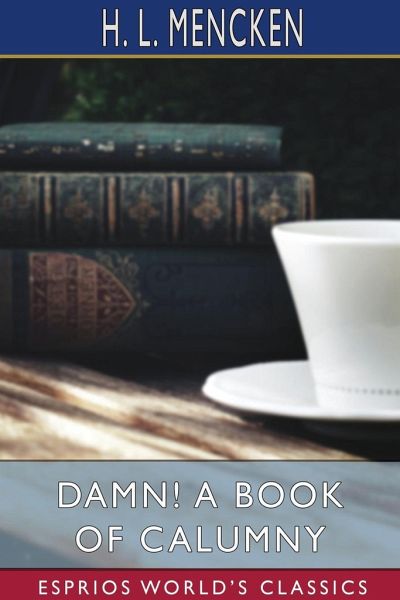
Damn! A Book of Calumny (Esprios Classics)
Versandkostenfrei!
Nicht lieferbar
Henry Louis Mencken (September 12, 1880 - January 29, 1956) was an American journalist, essayist, satirist, cultural critic, and scholar of American English. He commented widely on the social scene, literature, music, prominent politicians, and contemporary movements. His satirical reporting on the Scopes Trial, which he dubbed the "Monkey Trial," also gained him attention. As a scholar, Mencken is known for The American Language, a multi-volume study of how the English language is spoken in the United States. As an admirer of the German philosopher Friedrich Nietzsche, he was an outspoken opp...
Henry Louis Mencken (September 12, 1880 - January 29, 1956) was an American journalist, essayist, satirist, cultural critic, and scholar of American English. He commented widely on the social scene, literature, music, prominent politicians, and contemporary movements. His satirical reporting on the Scopes Trial, which he dubbed the "Monkey Trial," also gained him attention. As a scholar, Mencken is known for The American Language, a multi-volume study of how the English language is spoken in the United States. As an admirer of the German philosopher Friedrich Nietzsche, he was an outspoken opponent of organized religion, theism, populism, and representative democracy, the last of which he viewed as a system in which inferior men dominated their superiors.




